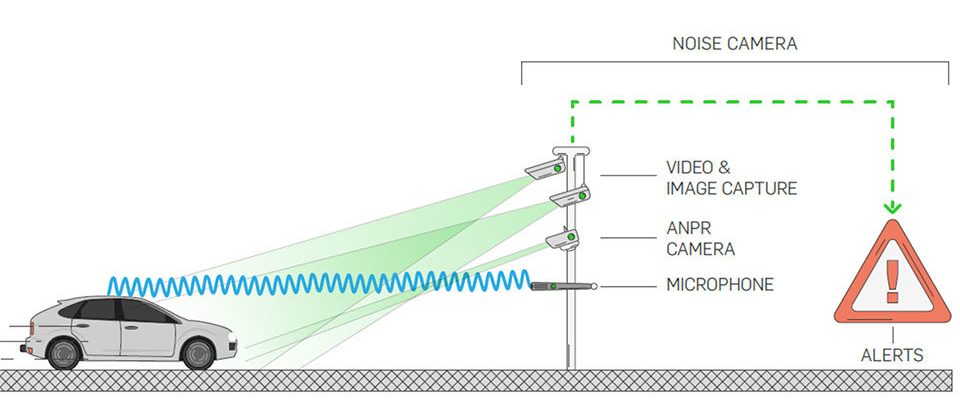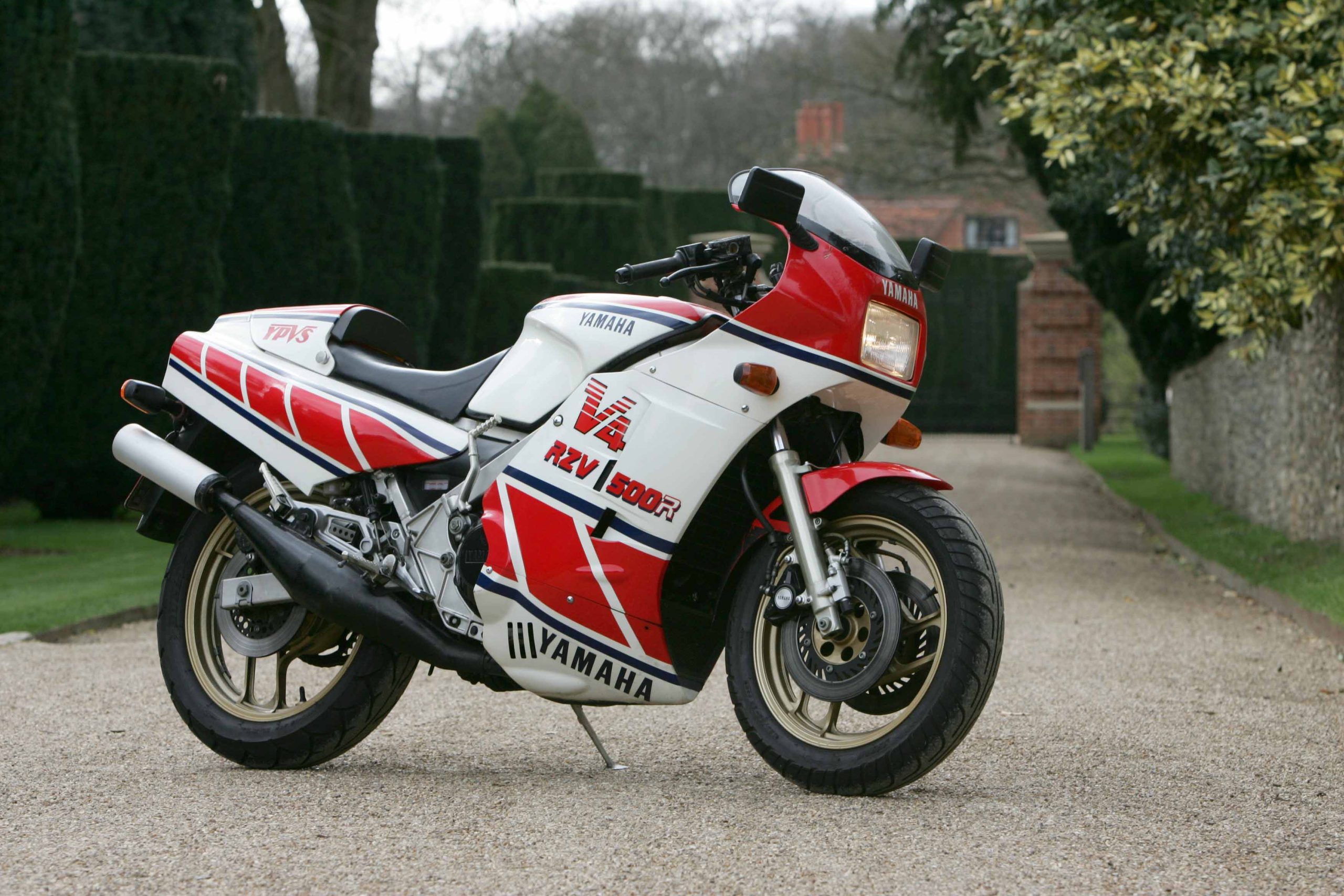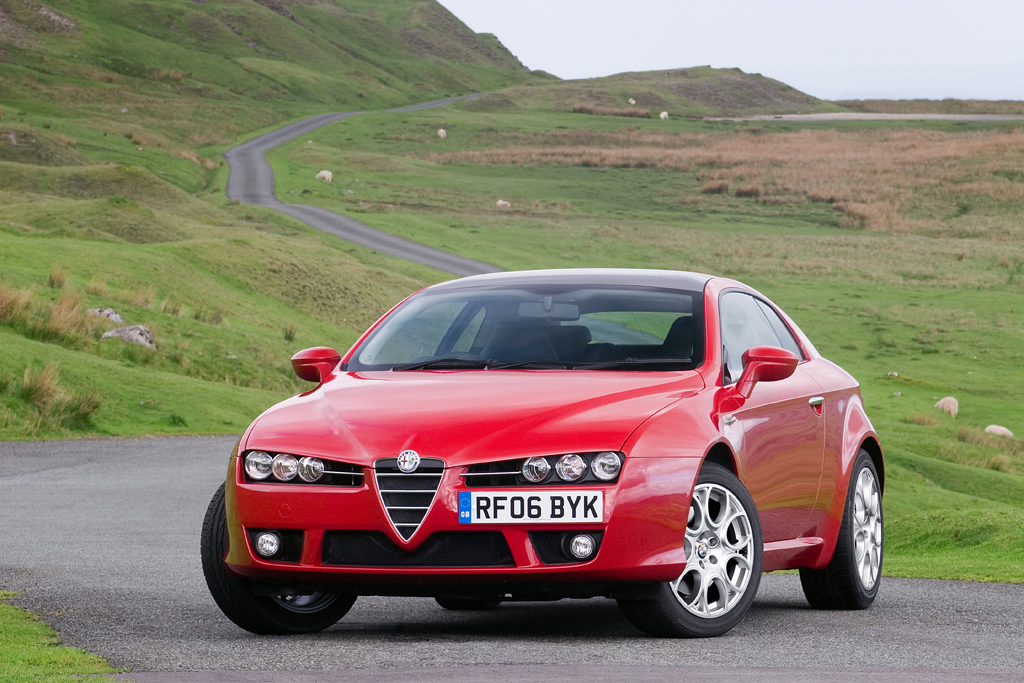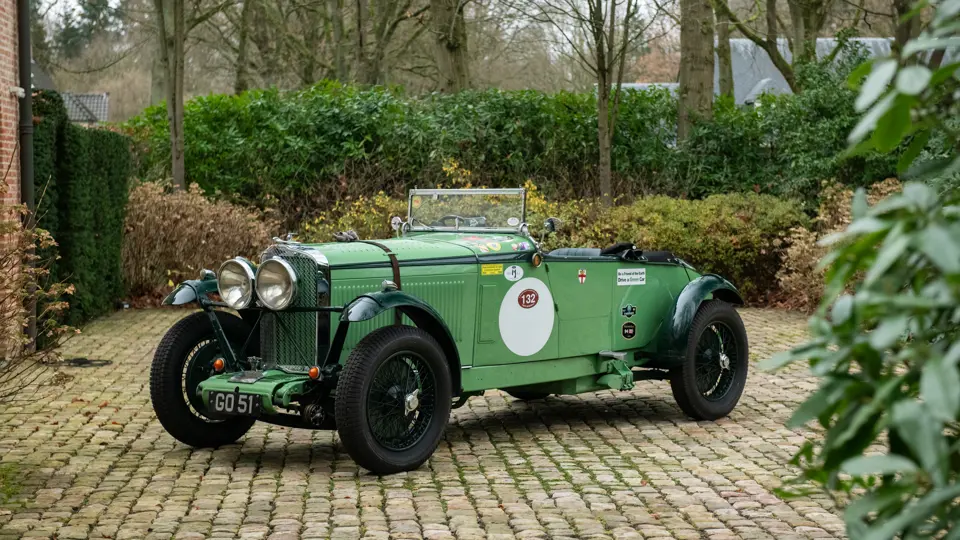To many, the sound of silence is something to be treasured, a rarely experienced phenomenon in an age where there are almost eight billion people sharing the planet. To others, the sound of a perfectly-balanced straight-six, wailing V8 or V4 Desmosedici Stradale is music to their ears. Now in France the two tribes are going to war.
The nation’s environment minister, Barbara Pompili, has switched on the first “acoustic detector” on a stretch of road in the Vallée de la Chevreuse, outside Paris.

The so-called sound cameras measure the noise of a passing vehicle and capture its details, should a level of 72 decibels be exceeded. The current noise limit for cars in the UK is 72dB, according to the UK’s Vehicle Certification Agency. [Ed’s note: My new Honda lawnmower emits 90dB; could I be prosecuted for cutting the grass in the future?]
Bikers and drivers who fall foul of the sound cameras will ultimately find themselves hit with a €135 fine, once a three-month trial period for calibration has passed.
Vallée de la Chevreuse, the first site to be targeted, was chosen as it’s reported to be an area where Parisien bikers head to stretch their legs and crank the throttle of their rides. The rolling woodland area is 25 miles southwest of the capital.
“Noise has a very real cost for our citizens,” Pompili said. According to Bruitparif, the Paris region’s agency for noise enforcement, 87 per cent of residents would welcome a crackdown on moped and motorcycles that can be heard long before they’re seen – many sporting aftermarket exhausts, given bikers believe they don’t just sound good but alert often-distracted drivers to their presence .

Paris, Lyons and four other cities will install the devices, which are nicknamed Méduses (jellyfish) because of the set of microphones protruding below them.
The French Federation of Angry Bikers, a campaign group, accused the state of declaring war on its members. Forty Million Motorists, the main car owners’ organisation, said it was another attempt by the state to squeeze money out of motorists.
Could the sound cameras follow the rise of the speed camera across the UK? In 2019, Chris Grayling, the then Transport Secretary, announced a trial of sound camera technology, saying: “Noise pollution makes the lives of people in communities across Britain an absolute misery and has very serious health impacts. The trial is not intended to target law-abiding drivers, but those who are flouting laws around noise. All vehicles must legally meet strict noise limits before they are allowed on the road. Once a vehicle is in service, exhausts and silencers must by law be maintained in good working order and not altered to increase noise.”
In late 2019, the government undertook trials of prototype sound camera technology at two sites, the A32 at West Meon, east of Winchester, and A326 Marchwood Bypass near Southampton, both in Hampshire. The sound cameras worked in conjunction with ANPR cameras to identify offending vehicles from their registration. Further tests have been recommended.
Should any introduction go ahead, in terms of volume they’d have a way to go to catch up with speed cameras. In the UK, figures released to the House of Commons suggested there were more than 6000 speed camera sites across the UK, and more than 7000 individual cameras. An RAC Foundation report found that the number of serious collisions near 551 fixed speed cameras reduced by 27 per cent after the cameras were put into action. However, the fines generated by speed cameras are not reserved for road safety improvements or highway maintenance measures.
Read more
New laws from 2022 to prevent smartphone use when driving
Road tax exemption petition once again questions “classic car” age limit
Hagerty Festival of the Unexceptional wins Motoring Spectacle of the year









